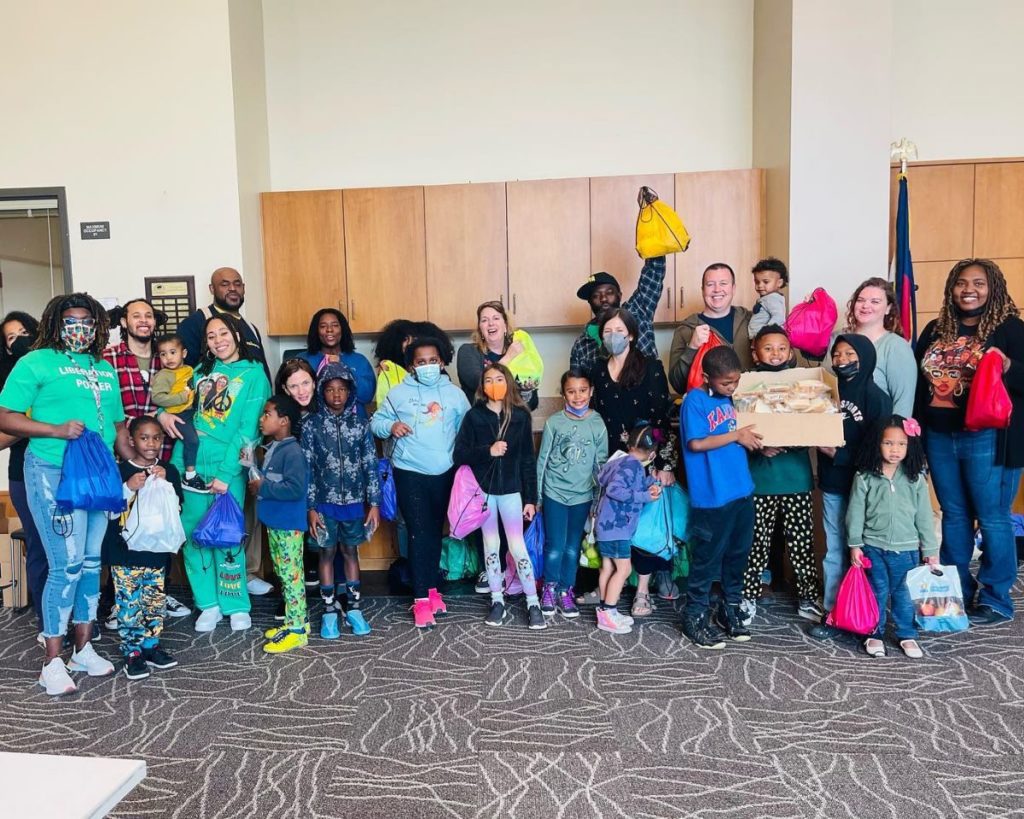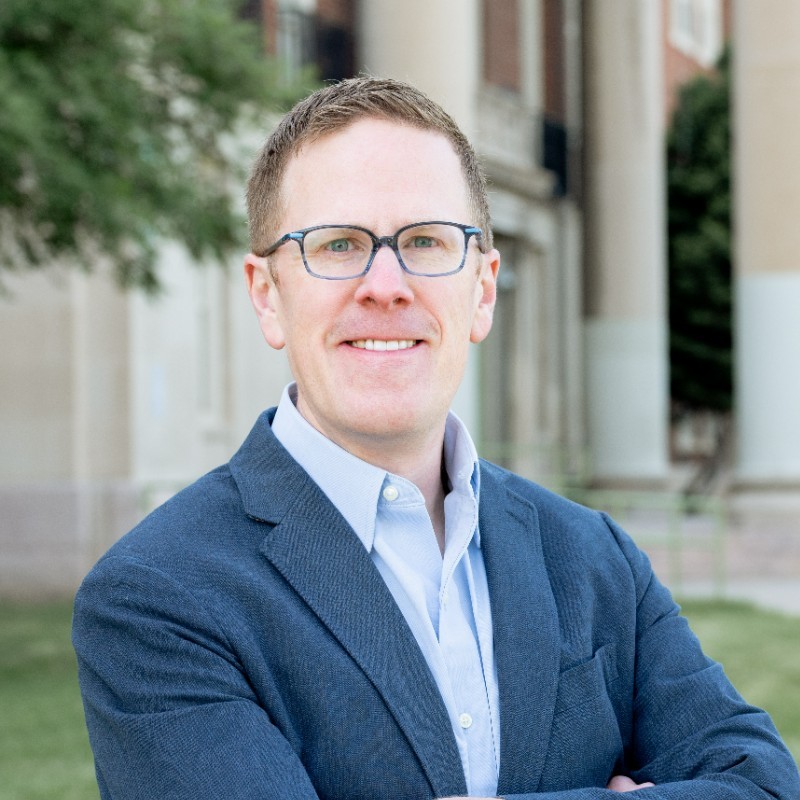Editor’s note: This article was written by Branta Lockett, the executive director of 5280 Freedom School and a former educator and program manager with Denver Public Schools. The Denver school board will vote on the school’s charter application on June 9.
The Denver Public Schools Board of Education will vote June 9 on our new charter school application for 5280 Freedom School.
As the executive director of the school, I’m very proud of how far we’ve come, and I’m extremely confident in 5280 Freedom School’s ability to meaningfully and markedly advance academic achievement and prioritize mental and emotional health for Black students in Denver Public Schools.
Our school started as a one-week summer camp for Black youth in 2018, and as a result of greater community need and participation, we have since doubled camp enrollment and expanded to a two-week program, even offering virtual camp sessions in 2020.
Every year, we hear the same feedback from Black students and families: the 5280 Freedom School’s summer camp is the only space Black children feel safe, loved, and supported, and the only time they engage in a learning environment with people who look like them.
We know how important this feedback is because Black students in Denver face persistent opportunity and academic achievement gaps and are historically underserved by Denver Public Schools.
According to the Denver Board of Education’s 2019 Black Excellence Resolution, in 2017-18:
- Black or African-American students were disproportionately overrepresented in discipline statistics and special education programming and underrepresented in Advanced Placement, honors and gifted and talented programming;
- 28% of out-of-school suspensions were experienced by Black or African-American students; 16.5% of students identified with a disability were Black or African American; and only 10% of students enrolled in rigorous high school courses were Black or African American;
- 67% of Black or African-American students graduated on time, while 78% of white students graduated on time;
- Only 2% of the Black or African American students identified with a disability were on grade level, compared to 21% of their white peers; and
- Only 58% of Black or African-American students in Denver Public Schools reported they felt safe and 77% reported they felt supported, compared to 67% and 82% of their white peers, respectively.
Outcomes haven’t meaningfully improved since. For example, in 2020-21, 71.7% of Black or African-American students graduated on time, compared to 85.6% of white students. And, among Denver third graders who took the Colorado Measures of Academic Success assessments, only 19.2% of Black or African-American students met or exceeded expectations, compared to 61% of white students who met or exceeded expectations.
Additionally, in Five Points where 5280 Freedom School proposed to locate, Black students are underserved by existing options, when compared to their white and Latinx peers. We know, too, that the pandemic exacerbated achievement disparities for Black youth.

With its Black Excellence Resolution, at a school level, the board committed to prioritizing Black student success; and at a district level, it committed to valuing communities and families as partners.
This is exactly why 5280 Freedom School is needed—to celebrate and nurture Black excellence; to develop Black scholars, through culturally responsive teachings, into high-achieving independent thinkers and leaders; and to honor, in our community, the lived experiences of Black learners and educators.
5280 Freedom School’s mission and vision emphasize Black excellence, which directly aligns with the board’s Black Excellence Resolution. We are embracing the excellence of Black students and prioritizing and targeting their academic achievement.
Our new school application has a strong emphasis on culture and educational programming. Our culture and curriculum include strong restorative justice principles and Positive Behavior Intervention Systems, the Ready for Rigor Framework, universal gifted and talented education for all students, and a historically responsive literacy curriculum. Students and teachers will co-create expectations in the classroom, so students can begin to learn how to advocate for themselves.
We anticipate that because of our central location and unique ability to serve Black youth, the 5280 Freedom School will attract students from across the metro area. During a time of declining enrollment in some schools, 50% of students who intend to enroll in 5280 Freedom School are from outside Denver.
We are, of course, concerned our application won’t be recognized for its ability to meet the needs of Black students and families. We worry the Denver Public Schools Board of Education won’t see the tremendous value our school will have; instead, we fear our application will be sunk by reductive conversations about declining enrollment and by divisive anti-charter rhetoric.
The truth is, we created 5280 Freedom School to meet the needs of Black students. We co-created our school model with families and community members, and we have delivered on our promise to develop a school that celebrates and nurtures the talents of Black students, and cultivates a sense of belonging and confidence for them.
The Denver Public Schools Board of Education now has the opportunity to put Black students and their families first—and to live up to the promises made in the board’s Black Excellence Resolution—and to approve our new charter school application for 5280 Freedom School.




